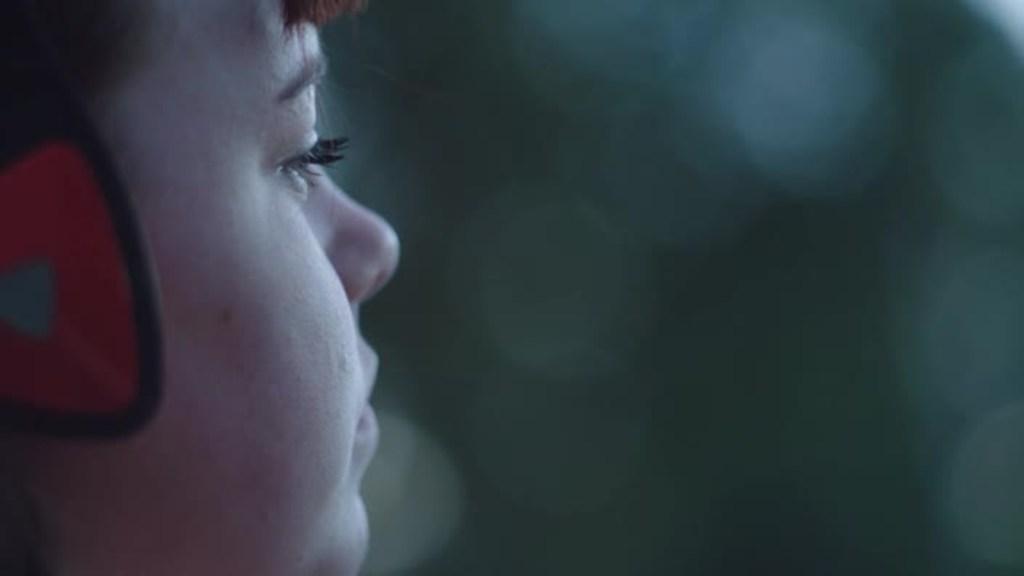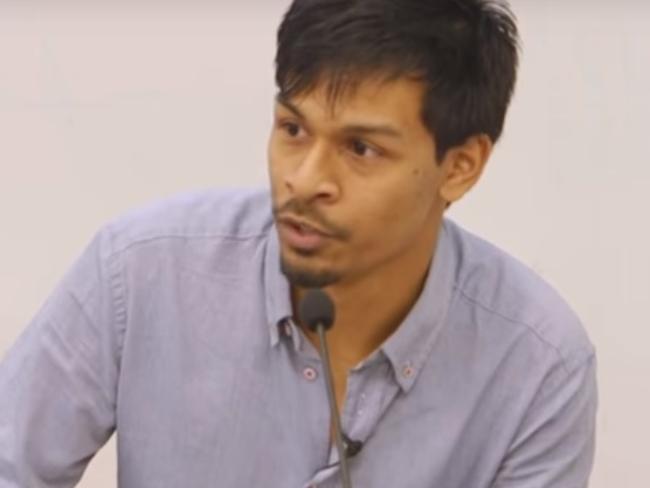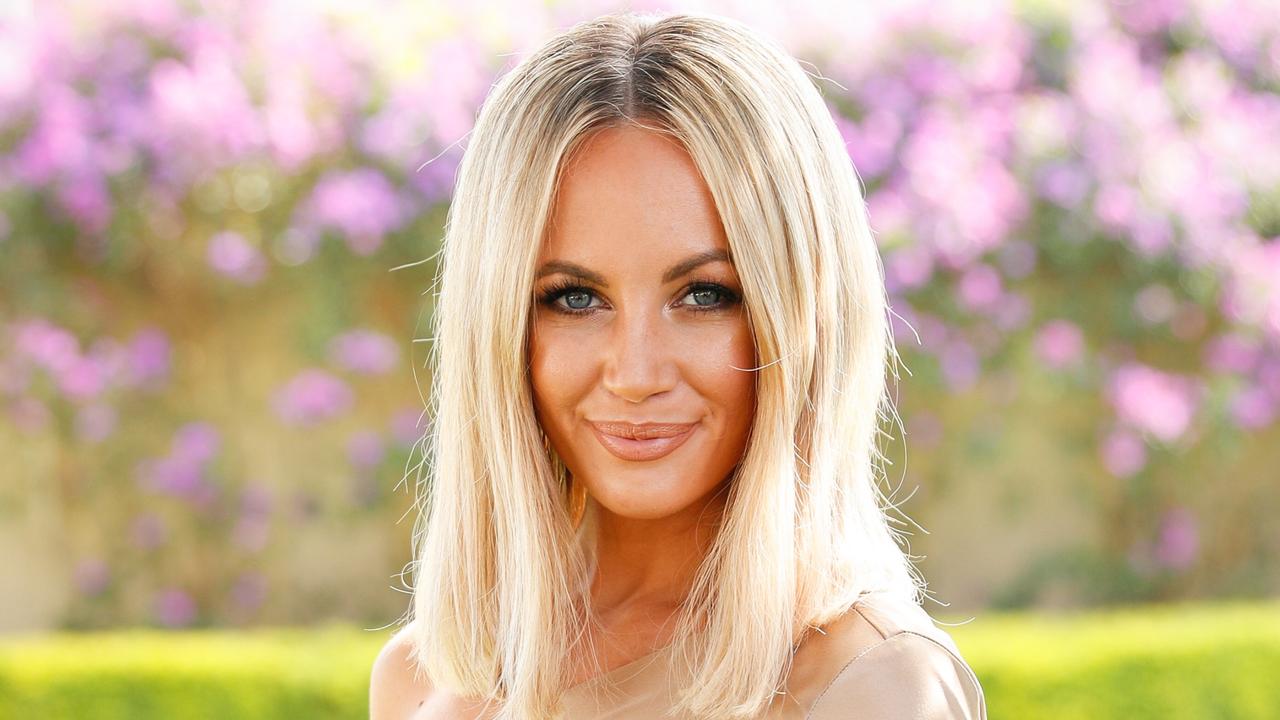‘Having people find out is my greatest fear’: Australian ex-Muslims form secretive online group
EXCLUSIVE: Australian ex-Muslims are operating in a secret online community, living in fear of being shunned by the families and friends.

EXCLUSIVE
Young Australian ex-Muslims who have become disillusioned with their former religion are operating in a secretive online community, because they fear being shunned by their families and friends.
Maryam*, 28, founded a group for Australian ex-Muslims in June 2014. The group has now grown to 40 members and fields new enquiries every week.
She has not yet told her family she no longer believes in Islam, for fear of damaging their reputation and bringing shame in her community, where “raising a child well means raising them Muslim.”
“Having people find out that you’re ex-Muslim, for me, that’s my greatest fear,” she explained to news.com.au. “Which is such a shame because it’s such a big part of my identity and I have to keep it secret.”
“I wish I could be honest. I wish I could just be my real self and talk about the things I want to talk about, but I don’t want to lose the connection I have with my friends and family.”
She said most members are young Australians in their twenties who find themselves no longer agreeing with aspects of the religion, but are too afraid to speak out for fear of how their lives would change.
“I don’t want to not be invited to community gatherings, and not just me but for my parents.
“They’re very much part of the community and if people knew that I was ex-Muslim my parents would be shut-out so it’s not just about me, it’s about my parents too,” she said.
“People take it very, very personally when someone leaves the religion. I just took off my hijab, I didn’t even come out and everyone took it very personally in my community. I got a lot of really angry messages, people were like ‘how dare you?’ and a lot of gossip behind my back.”

‘I DIDN’T KNOW I COULD DO THAT’
The hidden group operates in conjunction with larger, more established communities such as Faith to Faithless in the UK — founded by high-profile ex-Muslim Imtiaz Shams and run for many atheists from a range of religions — and Ex-Muslims of North America.
Maryam was inspired to start the Australian version after connecting with Imtiaz on an ex-Muslim sub-reddit, which she soon “became obsessed with” and described as a “major turning point” in shedding her religious identity.
They work together to vet new members through a two-step process designed to prevent people infiltrating the group and blowing their cover.
“There’s always a constant fear that people are going find out things about you because it happens so that’s why all of these measures to be secretive are really important. Because people will talk and it’s not something you want about yourself and about your family either,” she said.
Imtiaz, 27, who was raised in Saudi Arabia but moved to the UK age 12, said he was inspired to “come out” as an atheist after his contact book exploded with new people wanting to talk about their experience.
He’s now running a tour of UK universities and said most people are shocked to discover there are others like them out there.
“Even 28-year olds will say: ‘I didn’t know I could do that’ and that’s a big chunk of the problem because if you’re Christian, no matter how evangelical you are …. you know that Christians do leave and you know that people become Christian, you know there’s fluidity,” he said.
“With Muslims, no matter how conservative or liberal you are, not many Muslims know about people who’ve left. They know about people who’ve joined, but they don’t know about people who’ve left.” Because it gets brushed under the carpet.”
‘VERY LARGE SHOCK TO THE SYSTEM’
While neither Imtiaz or Maryam say they fear for their safety, a recent VICE documentary showcases the very real risks some former Muslims face.
Imtiaz says going public can be a kind of armour against the acute sense of shame felt by many in Muslim society.
“When you’re so public about it and you’re on YouTube and you’ve got people supporting you publicly as well as rejecting you, it’s harder for your family to do anything too crazy,” he said.
“There’s an interesting dynamic with coming out where if you do it with a bang it can help protect you. It can put you in more trouble, but it can also help protect you.”
Muslim Association of Britain president Omer El-Hamdoon says the Koran makes it clear faith is a matter for each individual, however as in any family, it’s understandable that a child rejecting a religion can be a “very large shock to the system” and they may feel isolated from a community in which the mosque is a central pillar.
“If you feel ‘no I can’t’ then you have a choice and the Koran is very clear about the personal choice for an individual,” he said.
“The Koran says whoever wishes to believe they can do so … it’s there for everyone to make their choice but they will no doubt be responsible for their choice.”
For Maryam, the online friends she has made have created a new type of belonging during a time of crisis.
“You don‘t know who you are for a long time. What’s my moral system? What is right and wrong for me? What do I do with myself? Who am I really? It really shakes you to your core when you decide to leave the religion. So the support aspect and the friendship aspect of the group is so important,” she said.
“It’s really about having a family. We really are like a family and having people to talk to in a crisis,” she said.
*Names have been changed
victoria.craw@news.com.au




